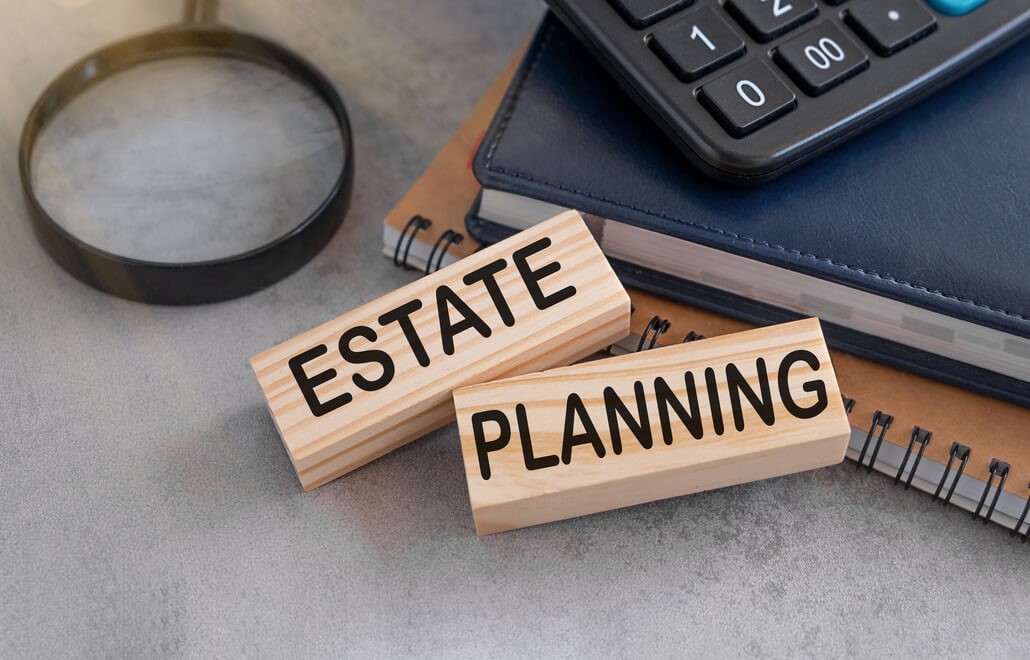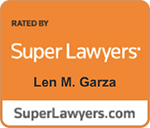
12 Sep What Exactly is Estate Planning?
A lot of people think estate planning is just a will. And don’t get me wrong, a will is indeed a crucial component of any plan.
But your estate plan is so much more than a will or any document.
Estate planning, done properly, is a process.
It’s a process of sitting with yourself and your advisors and thinking:
What do I want to happen to all my stuff (my assets) when I pass away?
Who do I want it to go to?
Who don’t I want it to go to? (just as important)
How do I want it to go to them?
For example, do you want your kids to receive their entire inheritance from you as soon as they turn 21? (that could feel to them like winning the lottery – would they use the money wisely?)
Or would you rather spread it out to them over time as they mature?
This is where your estate plan comes in. You can customize exactly what you want to happen through your estate plan.
Avoid Court and Family Conflict
How do you keep your family from unnecessary taxes, court costs, and family strife in trying to sort through your affairs after you’ve passed away? You do that by laying out explicitly what you want to happen.
Not just that, you do it in a way that will be respected under the law – you do it by creating your estate plan.
Not Just About Money
But it’s not just about money.
What if you ever become incapacitated?
What if you’re ever in the hospital on a ventilator or in a coma, unable to communicate?
How do you want your healthcare to go in that situation?
Who do you want to speak up for you to your doctors and nurses in that situation?
Again, an estate plan is how you put this in place.
Do you have minor children? What if you pass away unexpectedly while they’re still minors?
Who do you want to take care of them and raise them?
Again, you set this up with an estate plan.
Much More Than Documents
A common misconception is that you can simply go online and DIY (or ChatGPT) your estate plan.
I strongly recommend against doing that for a few reasons.
One, you don’t know what you don’t know. Are you sure you filled in all the blanks correctly in that free will template? Do you understand each and every word on the form and how they interrelate? Or how they may be inconsistent and be unclear or not make sense when you read the document as a whole? Are you able to spot if the form has inconsistencies and how to correct those inconsistencies so your wishes are actually carried out?
If you’re wrong about any of this, you likely won’t know until you go to a real attorney who focuses in this area of law.
Or you find out (or rather your family finds out) the will has problems or doesn’t work after it’s already too late – after you’ve already passed away.
“I Just Need a Simple Will.”
Another trouble area I see is getting a “low-cost” will or estate plan done with an attorney who does not focus in estate planning.
The most important part of estate planning is the process you go through with your attorney to really think through what you want, go through scenarios, and get clear on how you want your affairs to be handled in the event of your death or incapacity.
That happens through skilled and educational dialogue guided by an experienced estate planning attorney.
This type of dialogue and critical thinking does not happen if you just go to an attorney who “cranks out documents” for you to sign.
Be Proactive – The Time is Now
The enemy you or anyone faces when it comes to estate planning is procrastination – putting it off.
What I’ve seen happen over and over is that putting it off until next month or next year can become never getting it done. This risks leaving an expensive and chaotic mess for you loved ones to clean up after you’re gone.
Don’t wait until it’s too late; take the initiative to create a well-rounded estate plan that reflects your values and aspirations for the future.
Your loved ones will thank you for the peace of mind it provides.

